Tech’s New Power Brokers: How Private Equity Dominates Technology Investment
Navigating the Future of Finance: How Private Equity Investment Technology is Reshaping the Game The world of finance is undergoing a seismic shift, driven by rapid technological advancements and evolving market dynamics. At the epicenter of this transformation lies private equity investment technology, fundamentally altering how deals are sourced, analyzed, and executed. From AI-powered due diligence to sophisticated portfolio management tools, the industry is embracing innovation at an unprecedented pace. This blog post delves into the key trends shaping the future of private equity, exploring the rise of tech PE firms, the impact of AI and automation, and the alternative investment strategies gaining traction. We'll unpack the critical technologies driving value creation in this competitive landscape. The Rise of Tech PE Firms: A New Breed of Investor Traditionally, private equity firms relied heavily on established networks and financial expertise. However, a new breed of investor is emerging – tech PE firms – that leverage technology to gain a competitive edge. These firms are not just investing in technology companies; they are using technology to optimize their entire investment process. These tech PE firms often have specialized teams focused on data analytics, AI, and software development. This allows them to: Identify promising investment opportunities: Advanced data analytics tools can sift through vast amounts of data to uncover undervalued companies or emerging market trends. Platforms like PitchBook and Crunchbase are becoming essential tools for these firms to identify potential targets. Conduct more thorough due diligence: AI-powered due diligence platforms can automate tedious tasks like financial statement analysis and legal review, freeing up investment professionals to focus on strategic considerations. Accelerate deal execution: Digital workflows and automation tools streamline the deal process, reducing time-to-close and improving efficiency. Enhance portfolio company value: These firms provide portfolio companies with access to cutting-edge technologies and expertise, helping them to scale faster and achieve greater profitability. AI and Automation: Turbocharging Private Equity Value Creation Artificial intelligence (AI) and automation are no longer futuristic concepts; they are integral components of modern private equity. Here’s a closer look at how these technologies are being deployed: AI-powered Deal Sourcing: Algorithms can analyze news articles, social media, and other data sources to identify potential investment targets that might be overlooked by traditional methods. Companies like Dealroom and Owler are providing these kinds of insights. Automated Due Diligence: AI can automate tasks such as financial modelling, risk assessment, and legal document review, significantly reducing the time and cost of due diligence. Predictive Analytics: AI can be used to build predictive models that forecast future performance, assess potential risks, and inform investment decisions. Portfolio Management Optimization: AI-driven tools can help optimize portfolio allocation, manage risk, and identify opportunities for value creation within existing investments. This could incorporate tools like BlackRock’s Aladdin platform. Operational Efficiency: Robotic Process Automation (RPA) is streamlining administrative tasks and freeing up investment professionals to focus on higher-value activities. Beyond Traditional Investments: Alternative Strategies and Data-Driven Insights Private equity is no longer confined to traditional buyout transactions. The rise of alternative investment strategies is broadening the scope of opportunity for private equity investment technology. Specialty Debt: Platforms are using data analytics to identify and manage specialty debt investments with higher yields and lower risk. Infrastructure Investments: Technology is being used to assess the viability of infrastructure projects and optimize their operational performance. Growth Equity: Data analytics can help identify high-growth companies with the potential for significant returns. Real Estate: AI is being used to analyze real estate market data, identify undervalued properties, and optimize property management. Technology Area Description Benefits Examples of Platforms Data Analytics & AI Analyzing structured and unstructured data for insights and predictive models. Improved deal sourcing, more thorough due diligence, optimized portfolio management. PitchBook, Crunchbase, Dealroom Automation (RPA) Automating repetitive administrative tasks. Reduced costs, increased efficiency, improved accuracy. UiPath, Automation Anywhere Cloud-Based Platforms Securely storing and accessing data and applications. Scalability, flexibility, accessibility, collaboration. BlackRock Aladdin, Workday Blockchain & Smart Contracts Secure and transparent record-keeping for deal transactions. Reduced risk of fraud, streamlined processes, increased efficiency. Various blockchain solutions Cybersecurity Protecting sensitive data from cyber threats. Data protection, regulatory compliance, business continuity. CrowdStrike, Palo Alto Networks Challenges and Future Outlook While the potential of private equity investment technology is immense, there are also challenges to overcome. Data privacy concerns, cybersecurity threats, and the need for skilled professionals are all significant hurdles. Furthermore, integrating new technologies with legacy systems can be complex and costly. Looking ahead, the future of private equity will be increasingly data-driven and technology-enabled. We can expect to see: Greater adoption of AI and machine learning: AI will become even more sophisticated, enabling more advanced analytics and predictive capabilities. Increased use of blockchain technology: Blockchain will play a greater role in streamlining deal transactions and improving transparency. Enhanced cybersecurity measures: Cybersecurity will be a top priority as the industry becomes more reliant on digital technology. More seamless integration with other financial systems: Private equity platforms will increasingly integrate with other financial systems, such as banking platforms and accounting software. Your Investment Journey Starts Here The convergence of social media trends, cryptocurrency, AI agents, and sophisticated financial technologies is creating unprecedented opportunities in the investment world. Staying ahead of the curve requires embracing innovation and adapting to the ever-changing landscape. Understanding how private equity investment technology is transforming the industry is crucial for anyone seeking to navigate the complexities of modern finance. What are your thoughts on the role of AI in private equity? Share your comments and insights below! Don't forget to share this post with your network. You can also explore our resources on investment strategies and alternative investments.
Share this content:

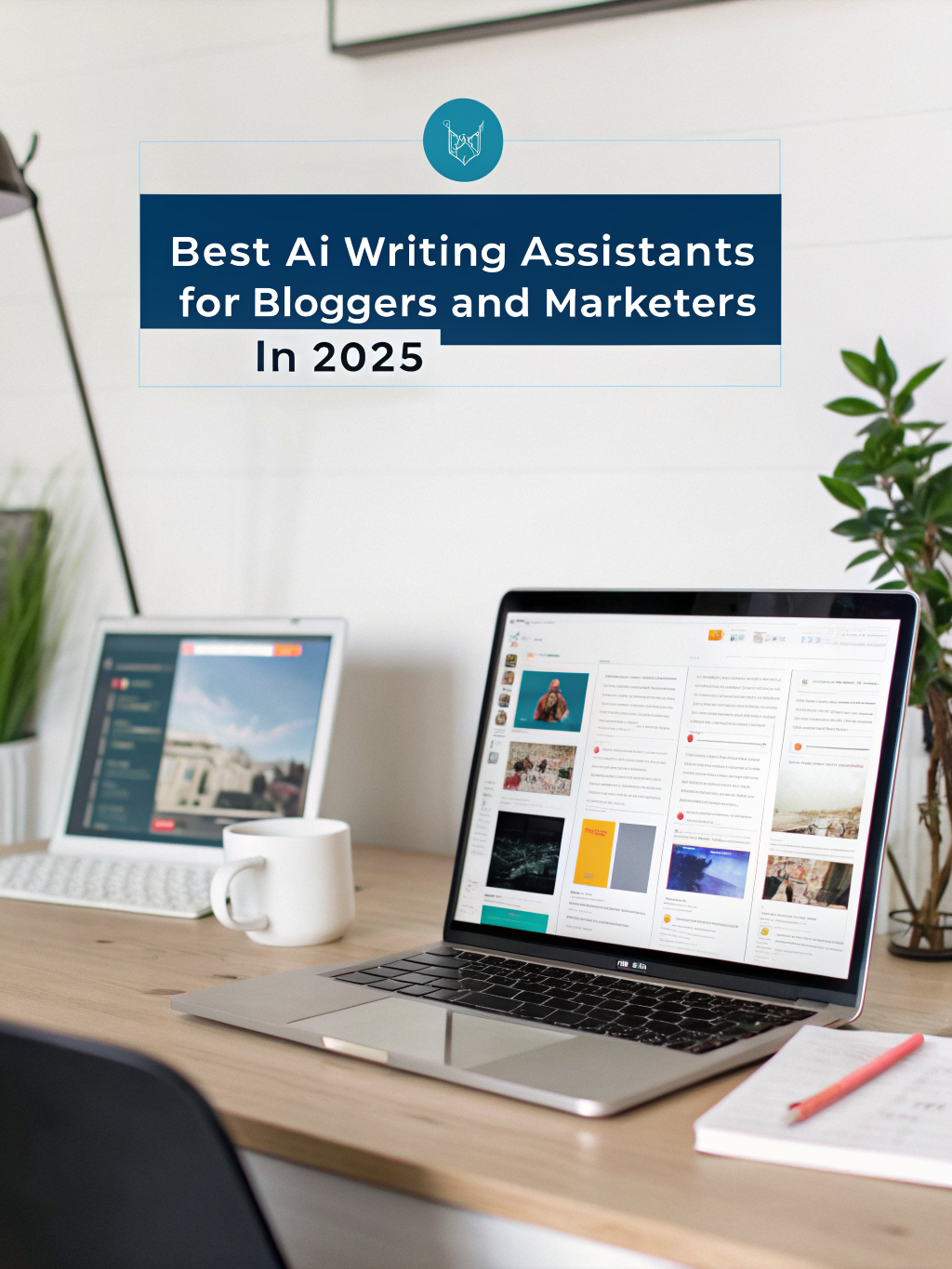
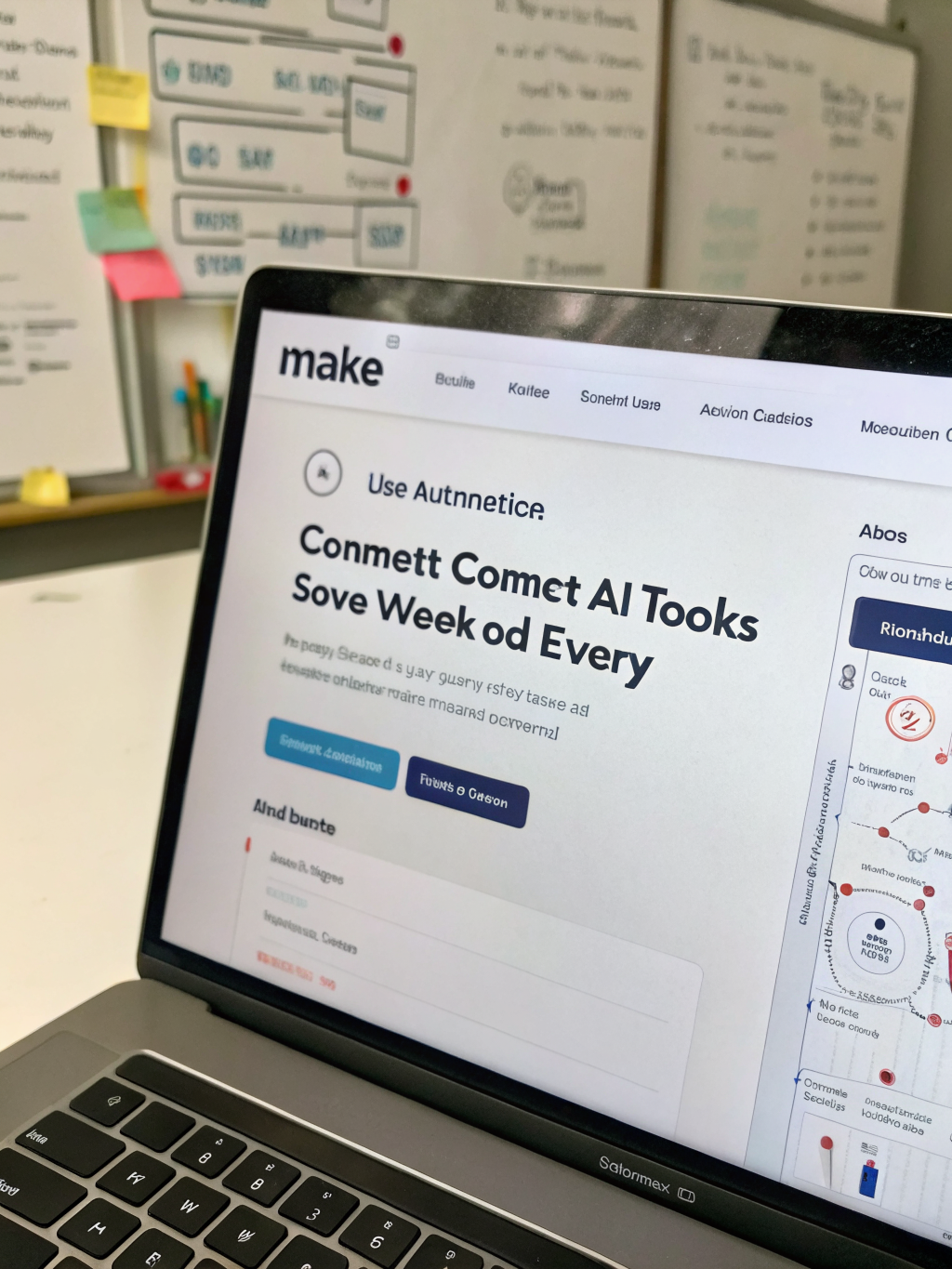
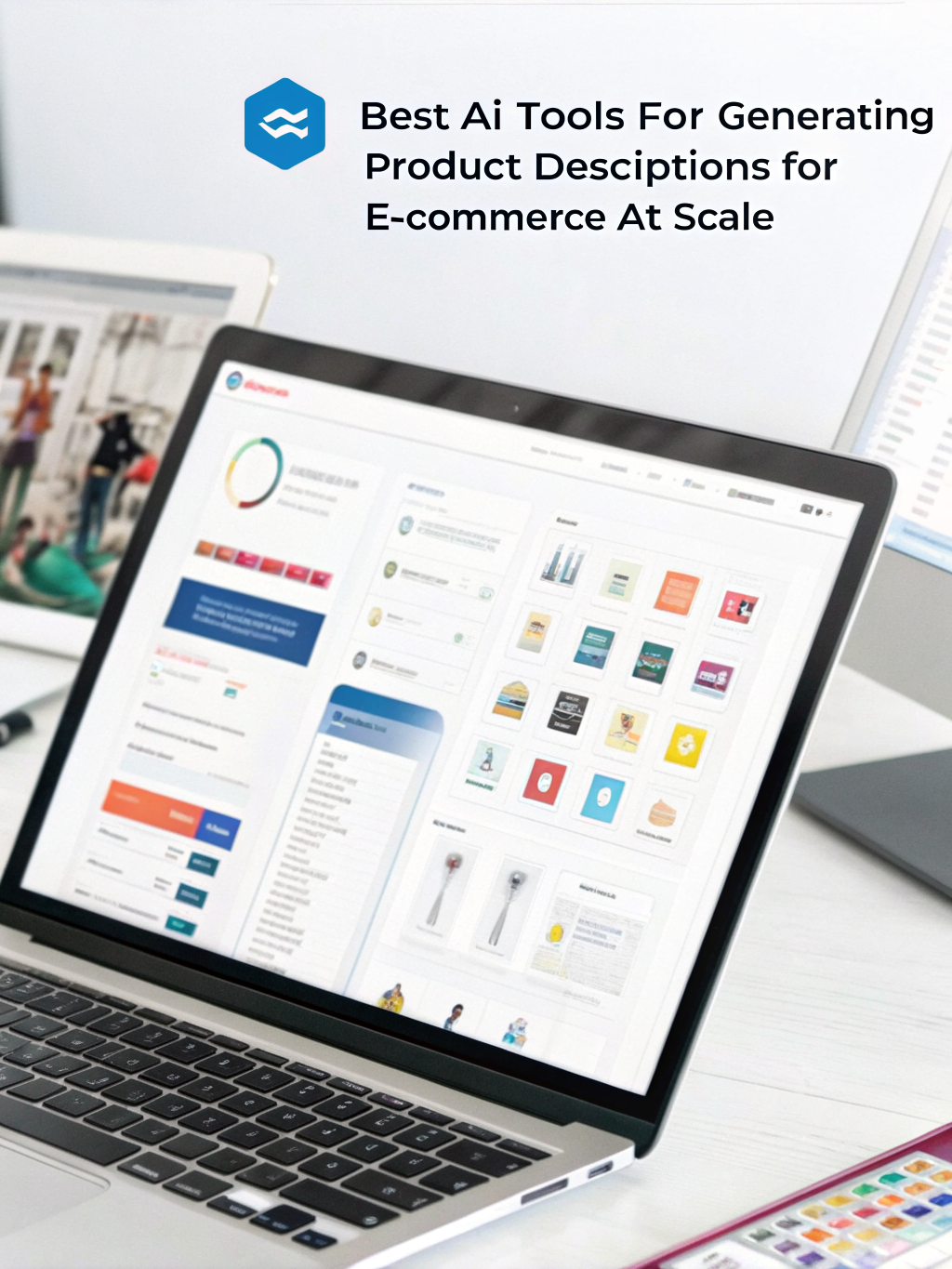

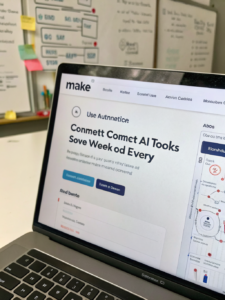
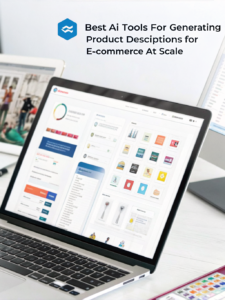
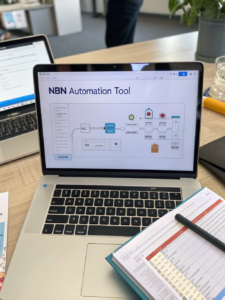
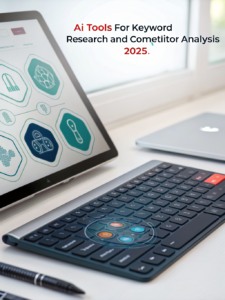




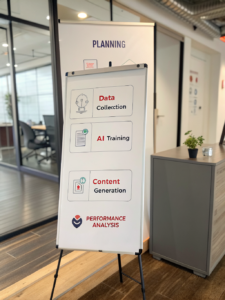
Post Comment